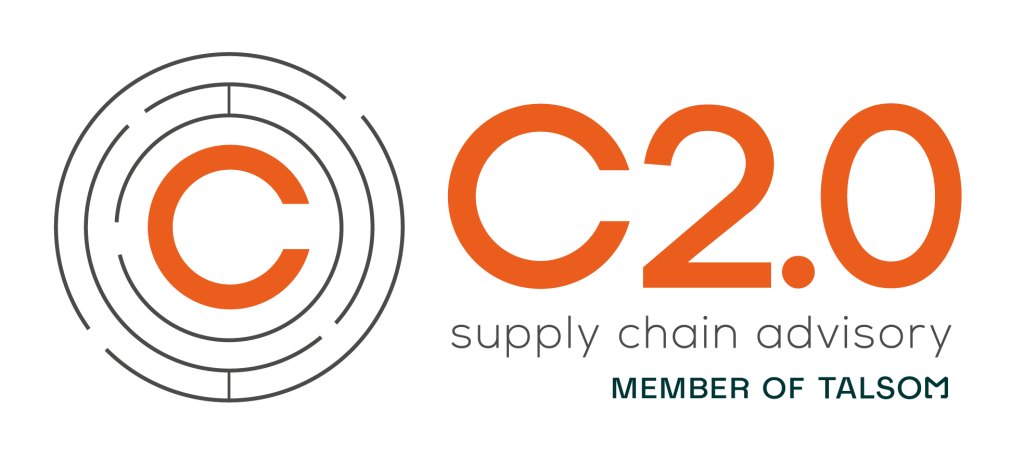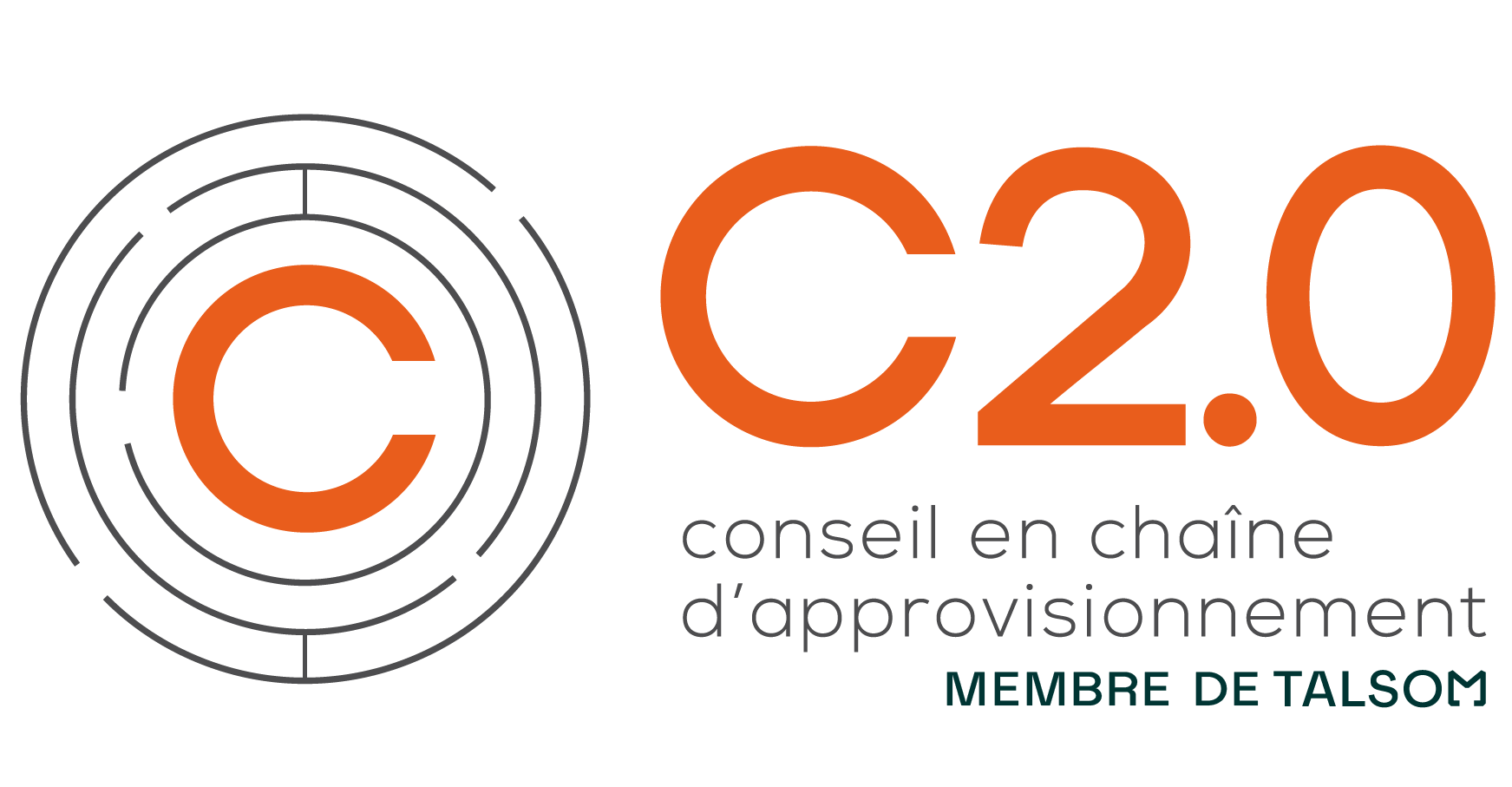The on-going disruptions currently being felt throughout the global supply chain are prompting more and more companies to speed up their digital transition. In response, Talsom has decided to strategically invest in a company of supply chain experts called Conseil 2.0, to better assist its clients in their transformation.
In an open letter published on the day of UNGA’s General Debate in New York, IATA, the International Air Transport Association, whose member airlines account for 82% of global air traffic, ICS, the International Chamber of Shipping, whose members account for 80% of the world merchant shipping fleet, IRU, the International Road Transport Union and ITF, the International Transport Workers’ Federation, warned that “supply chains have been severely impacted” as a result of restrictions imposed on global logistics. This concern is shared and noted by a large majority of business leaders, for whom supply chain disruptions are now the third biggest obstacle to business growth.
Corporate profits are coming under pressure, and this is prompting companies to think about downsizing their entire supply chain and focus more on local suppliers, thereby addressing some of the uncertainty caused by trade wars, labour and regulatory issues, transportation costs and infrastructure resilience in remote countries. Companies that want to decentralize and become more agile should be using predictive rather than historical data, and increasingly make use of AI to leverage large data sets.
Furthermore, climate change issues support this need to approach supply chains differently. Indeed, it is important to understand that the eight largest global supply chains – food, construction, fashion, electronics, consumer products, automotive, professional services and freight transportation – account for more than 50% of GHG emissions. Companies must move quickly to make their business models more efficient and sustainable and integrate digital technologies that will enable them to better understand their vulnerability and potential losses if they do nothing. Therefore investing in Conseil 2.0, a company that specializes in optimizing supply chains, is a strategic move for Talsom as it enables us to offer our clients increasingly relevant support.
Another advantage of this partnership between Conseil 2.0 and Talsom is that it represents a natural outcome of two firms that have already been working together for some time on several common clients. A synergy that values the expertise around the supply chain, including the positioning of inventories in a network, distribution networks and transportation, all within a more global approach of digital transformation. According to a Leger survey commissioned by Talsom, there is still room for companies to further leverage digital technology, as 40% of them feel they are not making optimal use of technology in their operations, with that percentage climbing to 44% in terms of production. Aligning technology with their strategy or business model is a barrier for 53% of businesses, and even the main barrier for 24% of them. And yet, being able to simulate supply chain performance, to identify those customers and consumers likely to be affected by disruptions, would enable them to align their order fulfillment strategies with their customers’ actual needs, while significantly reduce GHG emissions.
If you are interested in learning more about this service, contact us.







